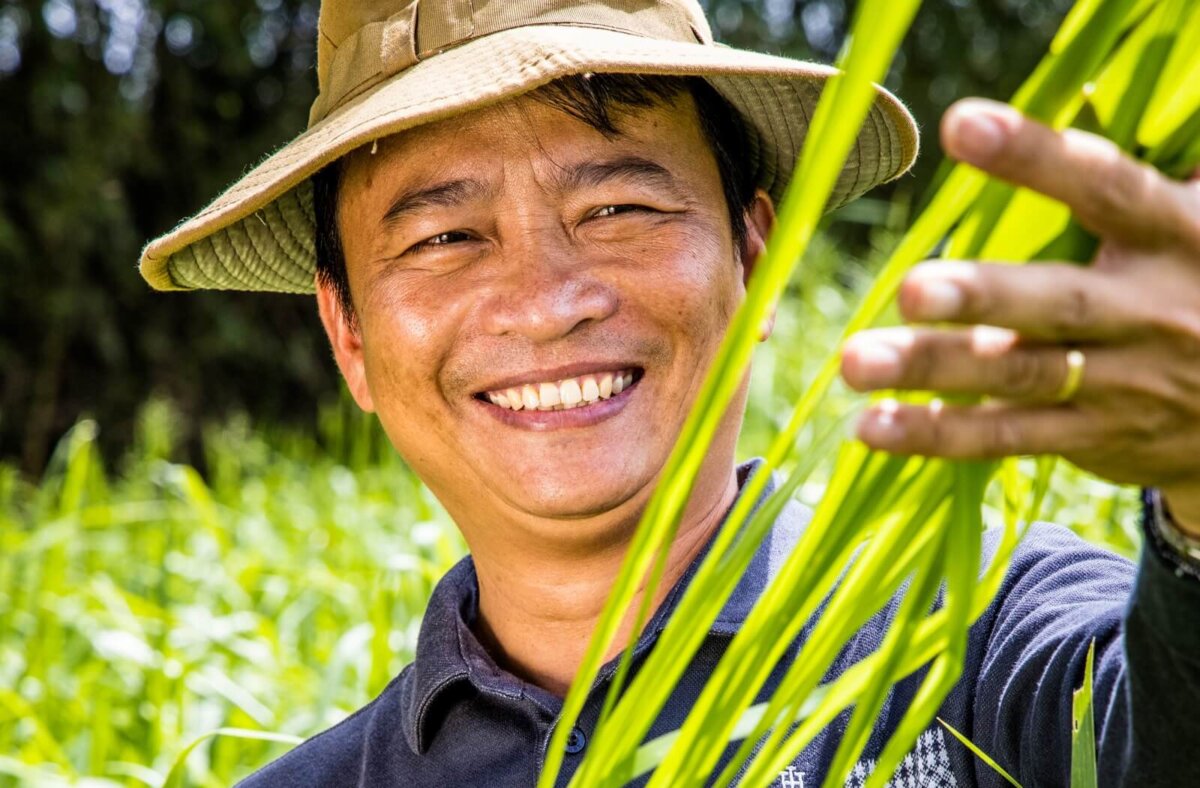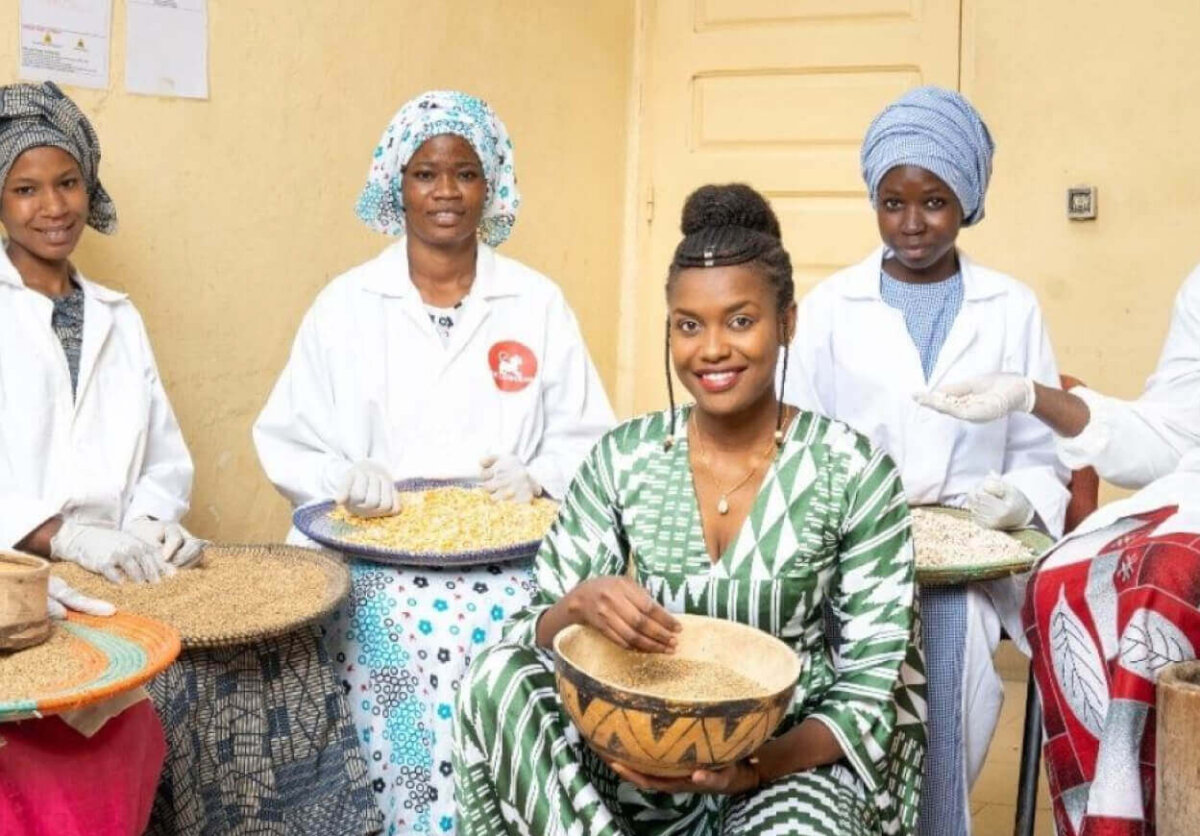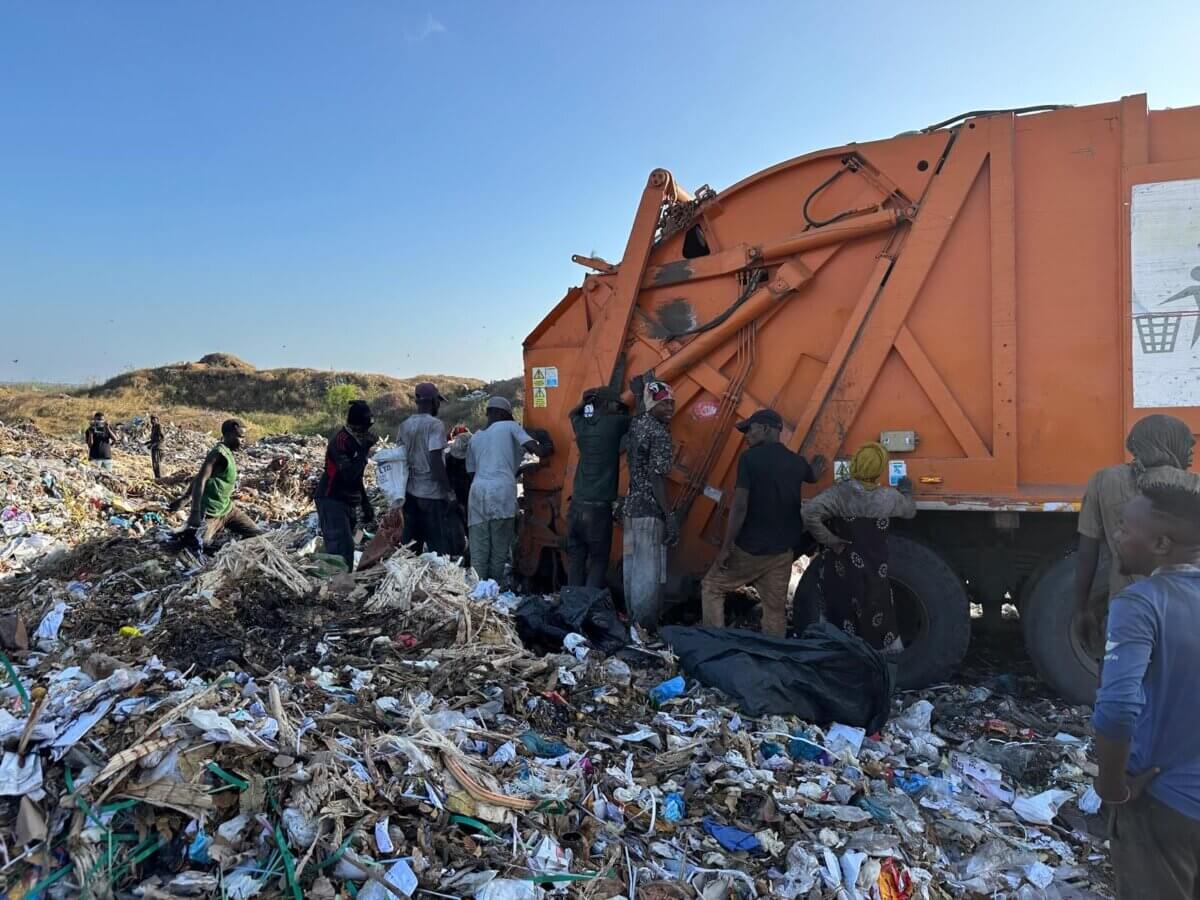- Sectors
- Water, Waste & Environment
Water, Waste & Environment
PUM experts support practical solutions in water, waste and environmental management. From clean water supply to wastewater treatment, and from waste reduction to sustainable energy links, we work on integrated challenges. With technical and managerial expertise, we help improve systems, protect the environment, and promote long-term sustainability.
Dutch expertise in water and waste management is world-renowned—and PUM shares that knowledge through hands-on, collaborative projects in emerging economies.
Water, Waste & Environment as accelerating skill
At PUM, we support SMEs in core industries of the food and non-food industries such as horticulture, hospitality, healthcare, and ruminants.
We also offer accelerating skills in cross-cutting areas like business strategy, technical assistance, eco and social transition, and learning & development. These are not standalone services; instead, we apply them where relevant to strengthen projects within a core industry.
For example, we don’t offer general marketing support to a marketing agency, but we do assist a tourism or food processing business improve its marketing efforts. This approach also boosts collaboration across sectors and business ecosystems, driving broader, more sustainable growth.
Water is never a stand-alone issue. That’s why our experts work on the entire water cycle: from supply to treatment, from water safety to quality. In both urban and rural areas, PUM supports partners in building and maintaining water systems that are socially, hygienically and environmentally sound. We think in systems because smart water solutions are always linked to sustainability and local context.
The same applies to waste. The Netherlands recycles or reuses 95% of its waste and this integrated approach is at the heart of PUM’s advice. Our experts support projects on municipal, industrial, hazardous and organic waste, focusing not just on technology, but also on management, legislation, awareness and practical implementation. From waste reduction and recycling to site selection and composting: our advice is grounded in experience, shaped by local realities, and aimed at long-term impact.
Whether you want to make your operations greener, deal with specific waste or sewage streams, or raise environmental awareness—PUM experts are ready to help.
Water
Areas of expertise
-
Wastewater treatment (urban, industrial, and rural contexts)
-
Water quality and resource management (rivers, lakes, deltas, catchments, groundwater)
-
Sewerage systems (design, construction, operation)
-
Water treatment (incl. membranes, cooling water, legionella control)
-
Reuse of treated wastewater
-
Water system design and management (including pumping stations, coastal zones, irrigation)
-
Integrated water resources management
-
Vocational training (water & wastewater skills)
Waste
-
Municipal, commercial, industrial, hospital, hazardous and organic waste
-
Waste prevention and reduction (incl. in-process modification)
-
Separate collection and logistics
-
Recycling and re-use
-
Composting and other processing techniques
-
Final disposal, landfill design, construction and gas recovery
-
Operation and maintenance of landfills
-
Environmental and health risk reduction
-
Public awareness and promotion
-
Regulatory frameworks and local by-laws
-
Planning and implementation of waste systems
-
Financial, institutional and legal aspects
-
Policy, education and training in waste management
Client example
Wastewater treatment at a dairy farm in Honduras
At a dairy farm in Honduras, wastewater from the production process was treated in a plant that had been built five years earlier. However, the system was severely underperforming due to poor design and overloading. Key issues included improper sequencing of treatment steps and inefficient pH control. As a result, the treated water discharged into the public sewer did not meet quality standards, and sludge had to be removed manually in drums.
During the first visit, the PUM expert identified several improvements. The most critical was adjusting the sequence of the treatment process—placing the equalisation tank before the pH control and flotation unit. This relatively simple change had a big impact: the flotation unit began performing more consistently, and chemical usage dropped significantly.
Thanks to the implemented improvements, the overall treatment efficiency increased, and the system became more stable and cost-effective—making a tangible contribution to both environmental performance and daily operations at the farm.
Professional people for positive impact
Looking to grow your business or organisation sustainably and build a brighter future for your community? Contact one of our representatives in your country for criteria, more information and guidance on the application process.





